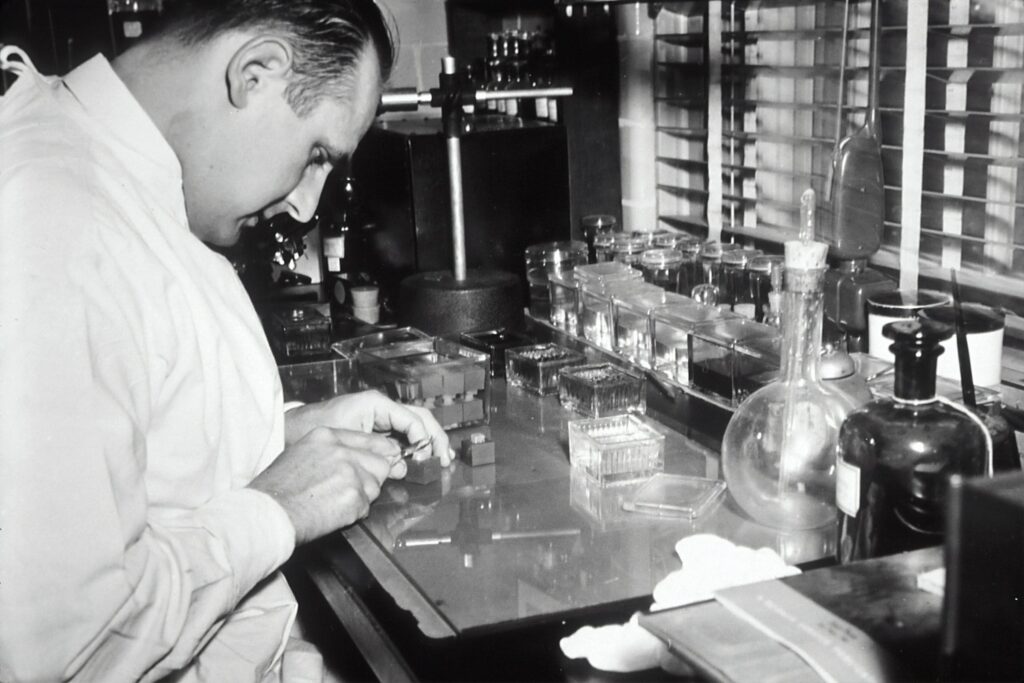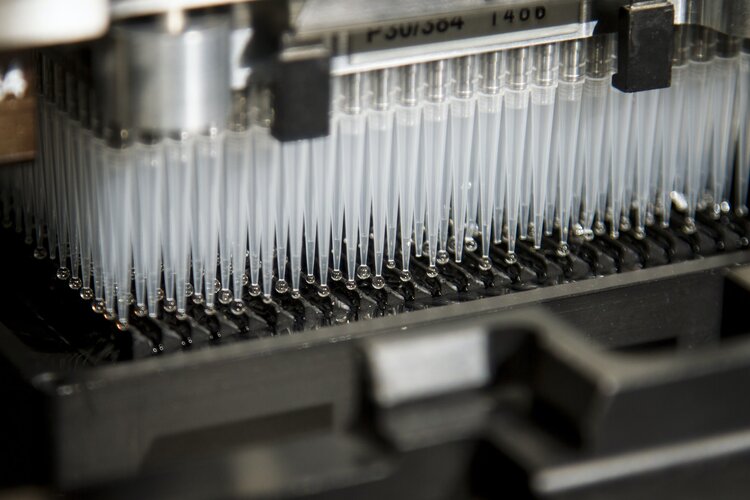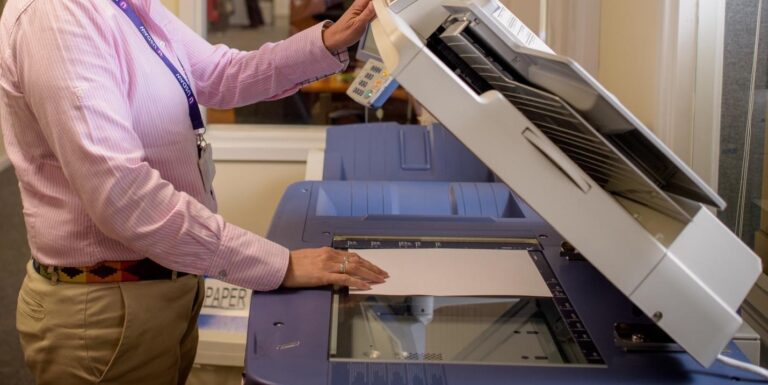Information technology has revolutionized the field of DNA testing. In the past, testing was a slow and expensive process. Today, it is fast and affordable. Testing DNA is typically used to identify individuals who are at risk for certain diseases, to determine paternity, and to find out if someone is a carrier of a disease. It can also be used to find out if someone has a genetic disorder. Keep reading to learn more about the role of information technology in DNA testing.
The Role of Information Technology in DNA Testing
Information technology has revolutionized the way that DNA testing is conducted. The use of IT has allowed for the development of more sophisticated and accurate tests, as well as the ability to process test results more quickly. Additionally, information technology allows for the sharing of data between laboratories, which improves the accuracy of test results. Information technology has revolutionized the way that DNA testing is done. It has allowed for more accurate and efficient testing. And it has helped to improve the accuracy of the tests. If you’re interested in this field, you can earn an online degree in information systems. Online courses cover computer information systems, cybersecurity, and other aspects of technology.
Sampling and Extraction
Sampling refers to the process of choosing a representative sample from a population in order to make generalizations about the whole. In DNA testing, sampling is used to isolate the DNA of interest from the rest of the genetic material in a sample. This is necessary because DNA sequencing can be expensive and time-consuming, so it is important to target only the DNA of interest. Extraction refers to the process of removing impurities from a sample in order to prepare it for analysis. When testing DNA, extraction is used to remove contaminants that might interfere with the sequencing process. The use of technology in sampling and extraction allows for more accurate and efficient testing, which can help us learn more about our genetic makeup and improve our understanding of diseases.
Data Management and Storage
Information technology has revolutionized the process of testing DNA by providing opportunities for faster, more efficient, and more accurate data management and storage. In the past, test results were handwritten on paper and filed in cabinets. With the advent of information technology, all of this information can now be stored electronically, which makes it easier to access, share, and analyze. Additionally, electronic data management allows for greater accuracy in recording test results and eliminates the potential for human error.
Benefits of Technology in Testing DNA
The modern world is constantly changing and advancing with new technologies, and the field of DNA is no exception. With the advent of information technology (IT), testing DNA has become more accurate and efficient than ever before. IT has allowed for the development of software that can rapidly compare large amounts of data, making it easier to identify genetic markers associated with particular diseases. In addition, online databases allow researchers to easily access information about specific genes or chromosomal abnormalities. IT has also made it possible to develop portable devices that can be used in the field to test DNA samples. These devices allow for rapid identification of suspects or victims and can help investigators gather evidence more quickly. Additionally, IT has allowed scientists to create computer models of chromosomes, which can help them understand how genetic disorders are caused and passed down from one generation to the next. Overall, IT has had a significant impact on the field of testing and has helped make it more accurate and efficient than ever before. It has allowed scientists to better understand how genes work and how they are related to diseases, which in turn will help them develop better treatments for these conditions. You can even upload DNA sequences to a database in order to access more information regarding expanding traits.
Overall, the role of information technology in testing DNA is important because it allows for the efficient and accurate sharing of information between laboratories. This sharing of information allows for more accurate and reliable testing DNA results.












